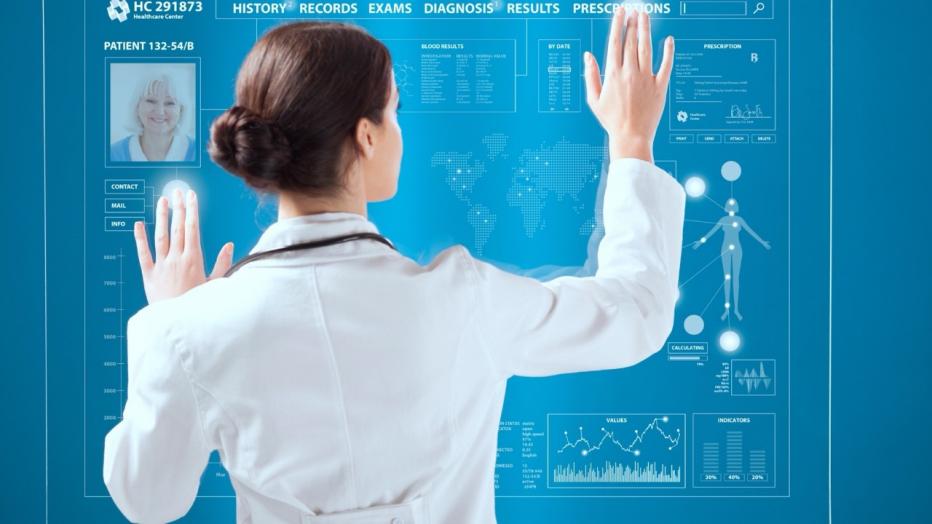AARP Hearing Center
Lynda Flowers, AARP Public Policy Institute
Olivia Dean, AARP Public Policy Institute
Jennifer Peed, Public Policy Institute
Erwin Tan, AARP Thought Leadership
Nearly half of US adults ages 65 and older – more than 23 million people -- have prediabetes—blood sugar levels that are higher than normal but not high enough to be considered diabetes. Nine out of 10 of people with prediabetes do not even know they have the condition, and many do not realize that prediabetes is a serious health concern that increases risk for developing type 2 diabetes, heart disease, and stroke. For many, prediabetes is a condition that can be reversed with small adjustments to diet and physical activity. Medicare will pay for Medicare Diabetes Prevention Programs (MDPPs) to help beneficiaries reverse prediabetes, but, to date, there is a critical shortage of certified providers. The high prevalence of prediabetes among older adults creates an imperative to identify barriers to provider participation in MDPP.
MORE FROM AARP


Women in Menopause Often Go Untreated
Analyses of Medical Expenditure Panel Survey (MEPS) data by NORC at the University of Chicago in collaboration with the AARP Public Policy Institute reveal a low treated prevalence of menopause among women ages 45 to 64 in the United States suggesting that only a small percentage of women who could benefit from effective menopause treatments are receiving them.




































































